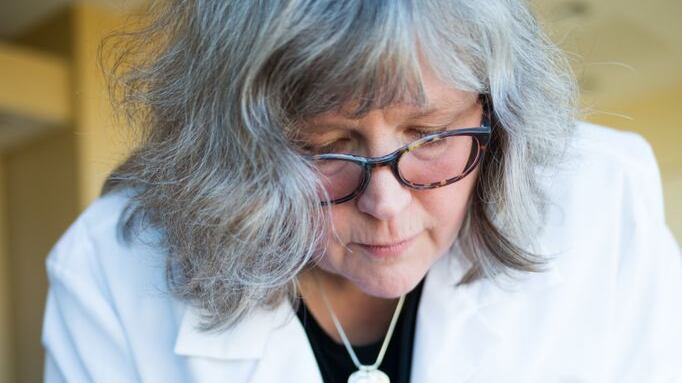It's perhaps counter-intuitive given the often gray skies over the state's population centers but Oregonians contract melanoma—skin cancer—at a remarkably high rate.
"Oregon has the sixth highest incidence of melanoma overall in the country, ranking 10th for men, 5th for women," says Amanda Gibbs, a spokeswoman for the Knight Cancer Institute at Oregon Health & Science University.
Unlike the many forms of cancer that are internal and invisible to the naked eye, skin cancer can be readily detectable and treated effectively if caught early.
Federal statistics show that the five-year survival rate for people whose melanomas are detected at stage 1 or stage 2 is 98 percent. But if the cancer has spread, the five-year survival rates are much lower: about 60 percent for stage 3 and 25 percent for stage 4.
OHSU is going on a jihad against skin cancer and will hold the "PDX Skincare Festival" on Saturday, May 18.
Staff from the Knight Cancer Center will offer free melanoma screenings and tips on how to avoid and detect the cancer.
Dr. Sancy Leachman, the director of the Knight Cancer Institute's Melanoma Program, is leading an effort to reduce melanoma in Oregon by 50 percent over the next five years.
"We desperately need everyone to watch their skin and the skin of their loved ones," Leachman, chair of the Department of Dermatology in the OHSU School of Medicine, said in a statement. "Melanoma is a cancer that we can catch early because we have the necessary technology—our eyes. Our hypothesis is that this early detection campaign will increase melanoma literacy throughout Oregon, empowering individuals to seek help earlier, saving lives, and, eventually, reducing costs of medical care."
The PDX Skincare Festival takes place 9 a.m. – 3 p.m at the Robertson Life Sciences Building, 2730 Moody Ave.

